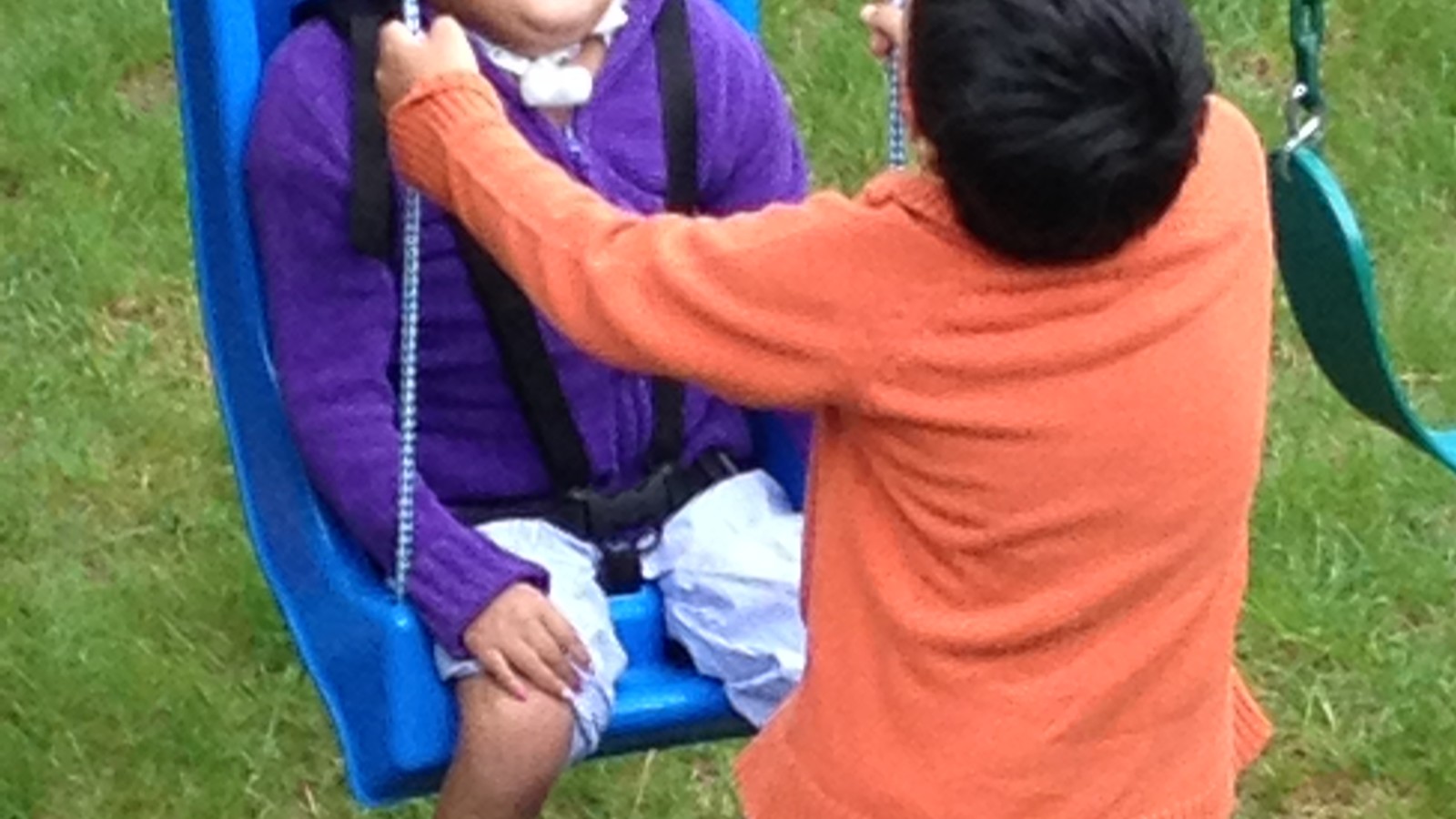The other day, my colleague told me she was suffering from “pandemic fatigue.” “Every day is the same,” she said. “It’s just so monotonous.” My response? “I long for monotony.”
Call it what you will: monotony, boredom, auto-repeat. I look at all of it as a luxury.
Over the last year, we’ve collectively hunkered down. Most of us have stopped going to the movies and to parties and to football games. Many of us have stopped going into our workplace. Some of us have stopped seeing anyone outside of our pod or bubble. And a lot of us think that’s boring. But I think boring is kind of beautiful. Because boring means there isn’t any drama. Boring means there aren’t high fevers or visits to the emergency room. Boredom means we’ve made it through another day unscathed.
The last time I was bored was approximately 18 years ago, before the arrival of my first-born from a small village in Guatemala. I thought life had shifted to warp speed as this new little person’s bodily functions and protean moods became the sun around which my husband and I orbited. Then we brought home babies two and three and learned to juggle bottles and baths and bedtime. I thought I knew what chaos was. It was fabulous chaos, but it was still chaos.
“Well, it’s not boring,” my husband and I would say to each other, gulping, after he shook our toddler upside down to dislodge a magnet from her throat or when I took our 10-year-old to Lice Auntie only to discover that what I thought were lice was merely a flaky scalp.
Then our daughter was diagnosed with a rare, degenerative disease that split our world wide open. Now, things like swallowed magnets seemed run-of-the-mill. Mistaken lice, or actual lice for that matter, seemed pedestrian. “Well, it’s not boring,” we’d say to each other quietly when the wire snapped on the wheelchair-van ramp and we had to dismantle the back end of the van to get our daughter out safely, or when we synced our calendars to schedule her monthly appointments with the speech therapist, the physical therapist, the audiologist and the neurologist.
I became jealous when people responded to questions like, “what’s up?” with answers like, “same old, same old.” I wanted same old, same old for my family. The idea of being bored, of not having any crisis or upheaval seemed downright delightful. But it wasn’t only the absence of drama I craved, it was also the time and space to breathe.
Now, when we have a quiet afternoon, when our daughter is napping and the other kids are playing PlayStation; when I’m caught up on work and the house is just a bit more orderly than it would be if a hurricane swept through it, I relish the idea that there’s nothing I have to do. That’s the time I can write or read or nap right alongside my daughter.
I’ve learned to embrace boredom on the rare occasions it comes around. I want it to feel welcome, to consider staying a while. And I’ve learned that being bored doesn’t mean there’s nothing to do, it means there’s nothing that I have to do. And that’s when things get interesting.


